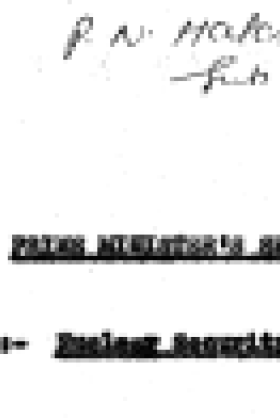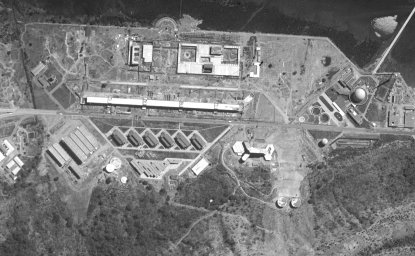Waiting for the Bomb: PN Haksar and India’s Nuclear Policy in the 1960s




Waiting for the Bomb:
PN Haksar and India’s Nuclear Policy in the 1960s
Click here to download the full paper.
A recent article in The National Interest (TNI) presented archival evidence to argue that India intended to develop a full-spectrum nuclear weapons capability as early as 1969. However, other archival sources related to Indian nuclear history raise doubts about the purported provenance and significance of this source.
- Contrary to analysis of a note found in PN Haksar's files, the Indian government did not decide to pursue a full-fledged nuclear weapons program in 1968. A preponderance of archival evidence produced across the Indian government between 1964 and 1970 indicates that the note cited by TNI was not reflective of the Indian government’s nuclear weapons policy at that time.
- The note is unlikely to be written by PN Haksar, a close aide to Indira Gandhi, as suggested in the TNI article. Comparison with Haksar's contemporaneous writings and statements reveals many discrepancies with the agenda proposed in the note. Circumstantial evidence indicates that the note is a book manuscript written by an unknown author that was shared with Haksar and later deposited in Haksar's files when they were transferred to the Nehru Memorial Museum and Library.
- The leadership of the Ministry of External Affairs (MEA) rejected similar policy notes supportive of nuclear weapons produced around the same time. One paper proposed by K.R. Narayanan advanced similarly hawkish nuclear views but was not accepted by the MEA leadership. Another top-secret memo by the Department of Atomic Energy (DAE) also argued against a strategic nuclear force. On the whole, India's decision-makers were not confident about India's nuclear capabilities and did not support a crash-weapons program to counter China during the late 1960s and early 1970s.
Author

Research fellow, Institute of South Asian Studies, National University of Singapore

Nuclear Proliferation International History Project
The Nuclear Proliferation International History Project is a global network of individuals and institutions engaged in the study of international nuclear history through archival documents, oral history interviews, and other empirical sources. Read more


History and Public Policy Program
A leader in making key foreign policy records accessible and fostering informed scholarship, analysis, and discussion on international affairs, past and present. Read more


Cold War International History Project
The Cold War International History Project supports the full and prompt release of historical materials by governments on all sides of the Cold War. Read more

Explore More
Browse Insights & Analysis
The Imagined Arsenal

Call for Applications: Nuclear History Summer Camp 2025

Interviews on Civil Society and Nuclear Risk Reduction
